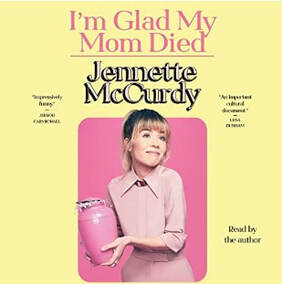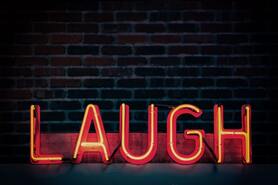|
by Allison Padron For some, the words "literary fiction" brings up images of tweed jackets, learned academics, dinner conversations over wine, and personal libraries filled with only the finest of literature. The "literary" label is usually applied by critics to novels considered so intellectual, so linguistically beautiful, and so meaningful that they apparently need to be separated out from the mass-market, "mindless" genre novels. The debate about the distinctions between genre fiction and literary fiction still rages (as it likely will for many more years), with some classifying literary fiction as an entirely different genre, others as a continuum with genre fiction, and still others saying the "literary" quality is something that a novel of any genre can possess. From everything I’ve read on the subject, though, no one seems to have come up with a clear definition of literary fiction (other than "not genre fiction"), which begs the question: why call anything literary fiction at all?
0 Comments
by Rebecca Green
I was hesitant, but I knew my students deserved the opportunity to write about themselves, to be creative, to take risks and not feel restricted by strict project expectations. I prepared them as best as I could: we spent weeks close reading, responding to sources, discussing our topics, and partaking in creative free-write exercises as a class. We talked about writing as a process, instead of a five paragraph formula. When that fateful Friday night arrived in which students were expected to hand in their essays, I sat by the computer anxiously waiting for a disaster to take place.
 by Courtney R. Hall Celebrity memoirs and autobiographies are nothing new. They act as a fruitful branch of a celebrity’s branding arsenal and are a cash cow for publishers. Spanning decades, it’s been a commonly held belief that many, if not all, of these memoirs were written by an unnamed third party, a ghostwriter. These publications would be seen as a piece of PR material created for super fans, full of fluff like a celebrity's go-to salad that they would consume daily on the set of the television program that made them famous. However, there is a shift occurring in the world of celebrity memoirs and those with fame taking control of their own narrative. Some celebrities have raised the bar for what constitutes a great celebrity memoir in an era where social media blurs the distinction between privacy and publicity and shortens the gap between stardom and the unfamous. In a post #FreeBritney culture, the public is aware of how destructive and misleading both the paparazzi and media are towards celebrities, especially those that are women. Fans are tired of being spoon fed fluff. What they now crave is authenticity.  Photo by Tim Mossholder on Unsplash Photo by Tim Mossholder on Unsplash by Daniel Hewitt To offend or not offend—that is the question—and it’s an important one when it comes to comedy. It’s been said that laughter is the best medicine, and the goal of comedy is to make people laugh whether it’s comedy in literature, stand-up comedy, or sitcoms. There are times when we all need to throw our heads back and laugh out loud. Comedy’s use of language, wordplay, innuendos, and puns can all be used effectively--without being offensive.  by Amanda Smera Few things make me angrier than when people read something I’ve written and point out my talent. The intentions, of course, always come from a good place and they mean no harm. And yet the bitter taste in my mouth never fails to feel discrediting. I want to scream from the top of my lungs: “I’VE BEEN WORKING ON THIS FOR A MONTH STRAIGHT, FOR YOU TO DARE AND ASSUME IT WAS JUST ‘MY TALENT’?!” It feels like an outdated myth that talent is a bigger force, that either you’ve got it, or you don’t. I have hundreds of thousands of school essays, Harry Potter fan fictions, and journal entries that prove that I was no Jane Austen at the age of five or fifteen. |
Archives
April 2024
Categories
All
|
|
Glassworks is a publication of Rowan University's Master of Arts in Writing 260 Victoria Street • Glassboro, New Jersey 08028 glassworksmagazine@rowan.edu |
All Content on this Site (c) 2024 Glassworks
|


 RSS Feed
RSS Feed
